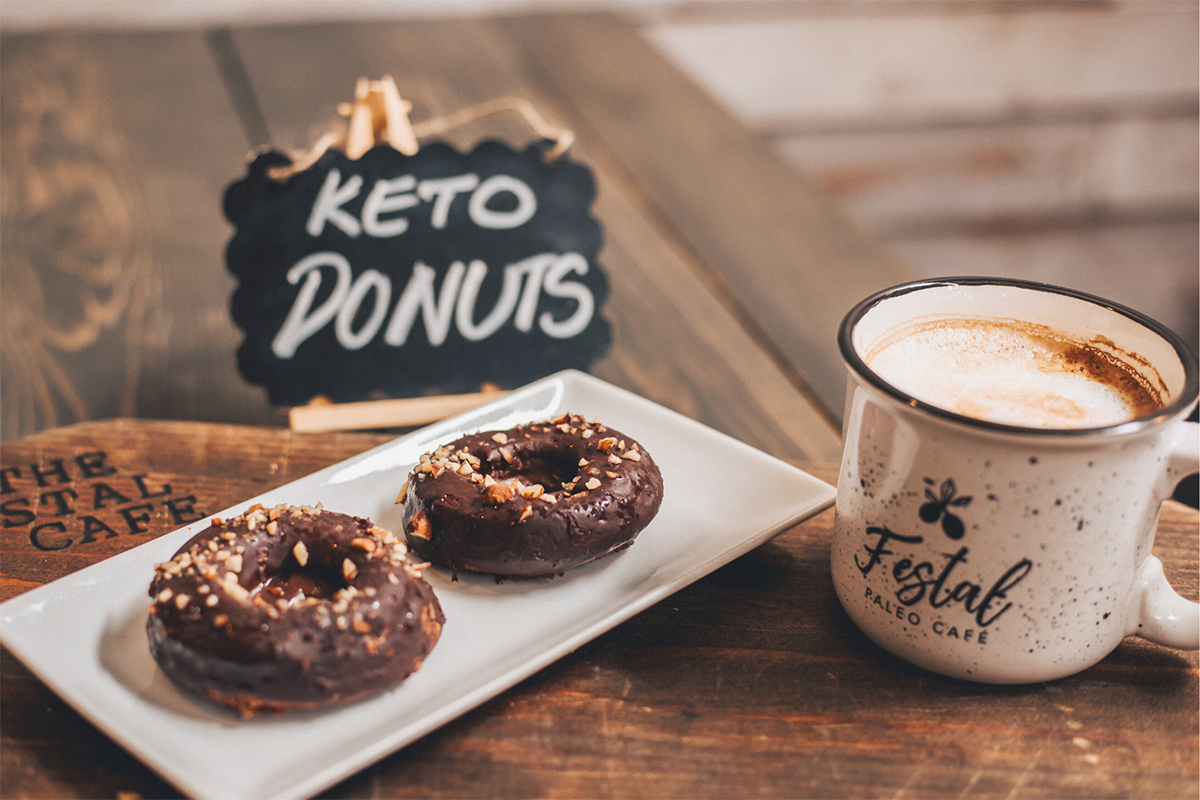
If you are someone who cares even the slightest about your nutrition and overall health, you probably have wondered what diet is the best. Or you might be someone who would like to know why some friends of yours are raving about "going keto", drinking bulletproof coffee and telling you to ditch carbs for fats. As with any diet, you are probably wondering if this has any real scientific advantage or is it just another #foodtrend.
After all, what is a Keto diet?
The ketogenic diet was originally created to help improve symptoms of epilepsy, specifically in children who didn't recover from other treatments. Eventually, it became one of the options for those who follow low carb diets and those suffering from several chronic health issues such as obesity, diabetes and cancer. Several medical studies showed that a ketogenic diet could not only help you lose weight but also boost your brain health, balance gut bacteria, reduce inflammation, fight cancer, balance hormones, etc.
Ketogenic diet takes its name from a metabolic process called Ketosis. It occurs when the body "burns" fat to use it as an energy source instead of carbohydrates.
One of the major advantages of Keto is the speed and ease in the metabolization of fat, making weight loss greater and faster.
This diet is rich in high-quality fats (especially saturated fats of animal origin) that help to reduce appetite more than other foods, prolonging the feeling of satiety. It also helps balance insulin levels as a result of reducing carbohydrates and can be beneficial for pre-diabetics or diabetics.
How does Keto work?
Our body needs carbs to obtain energy for everyday activities.
They stimulate the secretion of insulin by the pancreas that carries glucose from the blood to our cells and for energy storage.
When carbohydrates are not included in the diet, the blood glycemic index is low, which suppresses the production of insulin by the pancreas, forcing the body to use other sources of energy.
Thus, fat becomes the primary energy source. In the process, the body begins to produce ketogenic bodies, which are the conversion of fatty acids from the liver. Once released into the bloodstream, they are used as fuels by skeletal and cardiac muscle tissue, as well as by the adrenal gland cortex and the nervous tissue.
It is important to eat high-quality proteins to maintain a healthy ketogenic diet. Free-range chickens, wild fish, free-range eggs, grass-fed meats are all your best friends now. Healthy quality fats are also a crucial part of a keto diet; so opt for coconut oil, grass-fed butter, avocado, olive oil, nuts and seeds. Make sure you don't forget your daily fibre intake. Low-carbohydrate vegetables, such as dark leafy greens and cruciferous vegetables, will promote healthy intestinal functioning and help prevent digestive problems.
If you are overwhelmed and don't know where to start, make sure to check out our meal prep programs or stop by Festal Cafe to try our keto options.
References
https://pubmed.ncbi.nlm.nih.gov/12097663/
https://www.ncbi.nlm.nih.gov/pmc/articles/PMC6361831/
https://www.ncbi.nlm.nih.gov/pmc/articles/PMC3826507/

